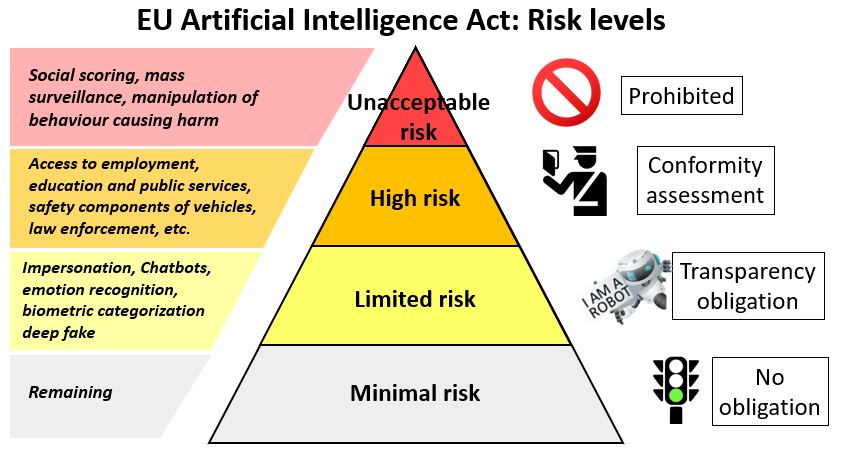Without Clear and Consistent Rules, EU Risks Entrepreneurs Falling Behind in AI Innovation
In breaking news for Europe's AI industry, dozens of leading European companies, researchers, and developers issued an open letter calling on European Union leaders and policymakers to tackle Europe's trailing innovation footprint. While other global regions and tech markets press ahead with AI, embracing the technology and supporting its rapid implementation, Europe is at risk of falling behind due to fragmented policies and complicated data regulation frameworks, according to the case made in the letter.
The Current Situation in Europe
Coordinated by Meta, the signatories warn in no uncertain terms that the bloc's regulations are hampering innovation and economic growth. The letter highlighted why data regulations will stall innovation due to fragmented access to open AI and multimodal training models. Yet this isn't just an issue for software engineers to be concerned with.
Research from JP Morgan estimates that generative AI (GenAI) could increase global GDP by 10% over the coming decade. Meanwhile, without clear rules, consistently applied, enabling the use of European data, CEOs and tech founders may decide to invest tens of billions of euros elsewhere, putting the EU at a further disadvantage.
The Call for Action
The issue of EU competitiveness has been a growing concern for years for both AI adoption and tech innovation more broadly. The latest call for action comes hot on the heels of Mario Draghi's EU competitiveness report published at the beginning of September. The former Italian president and renowned economist stated that the bloc must make investments to close the innovation gap against markets like the US and China to remain competitive and maintain the region's current standards of living.
The Way Forward
The report leaves no doubt this is a "do or die" moment for EU innovation. However, a failure to address this issue sooner means that Europe is already significantly behind the curve when it comes to AI competitiveness. Europe needs to focus on creating clear and consistent rules that enable innovation while ensuring data protection and compliance.

Instead of aiming to play catch up with solutions already on offer from the likes of Meta and Open AI, experts say Europe should instead look to become a global leader, helping to implement new, fit-for-purpose data regulations that can operate across international markets and enable healthy innovation in the tech startup sector without putting citizens or society at undue risk.
Creating a Blueprint for the Future
With already established AI initiatives, industry-specific solutions for data compliance, and a network of researchers committed to finding global solutions, Europe can offer immediate blueprints for future AI frameworks. Part of the challenge in solving the regulatory challenges associated with AI is down to the interconnected nature of the development process.

AI regulation needs to take all the needs and goals of all these moving parts into account to ensure that innovation pipelines are free-flowing. Europe also boasts extremely promising examples of how to create robust regulatory frameworks that also help fuel innovation for targeted industry use cases.
The Role of Entrepreneurs
Successful entrepreneurs like Brandtech Group CEO David Jones can lead the way in navigating the complexities of AI innovation while adhering to regulations. Their ability to adapt and innovate in line with changing market demands can set them apart and drive progress in the AI industry.
Companies can drive loyalty and fulfillment by leading with heart and building a culture of purpose, abundance, and personal growth, all while staying compliant with regulations.

As Europe works towards creating a more conducive environment for AI innovation, entrepreneurs play a crucial role in shaping the future of technology in the region.










